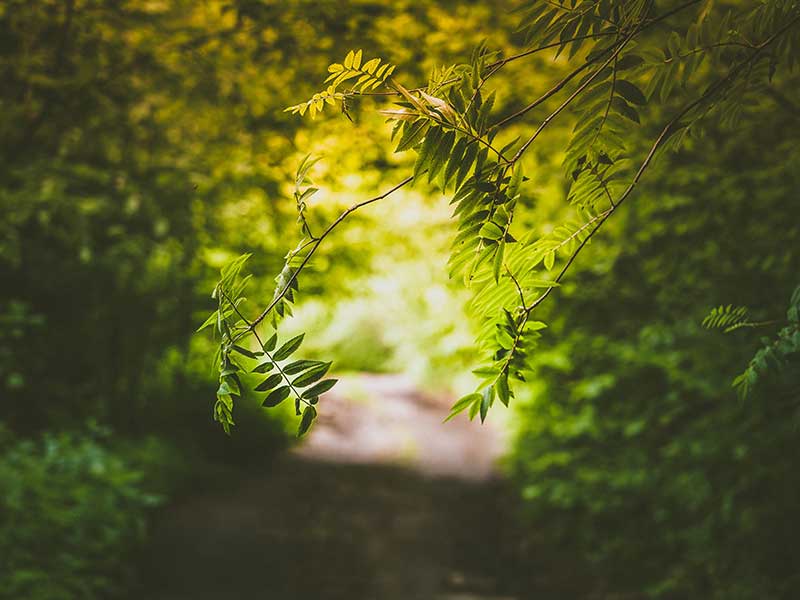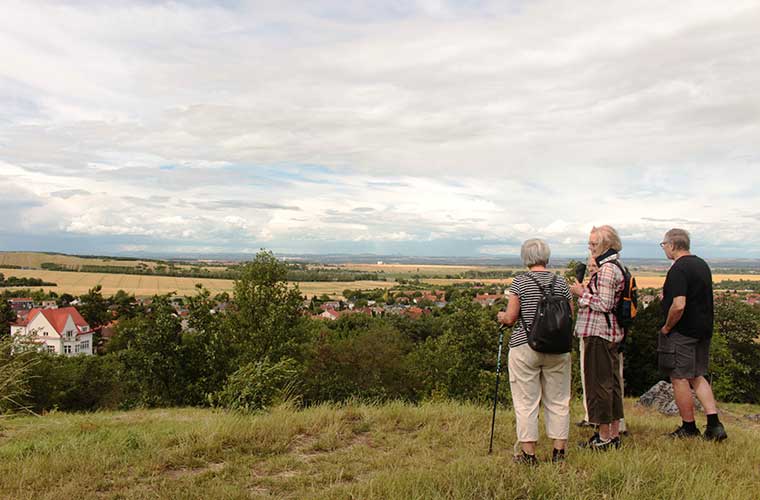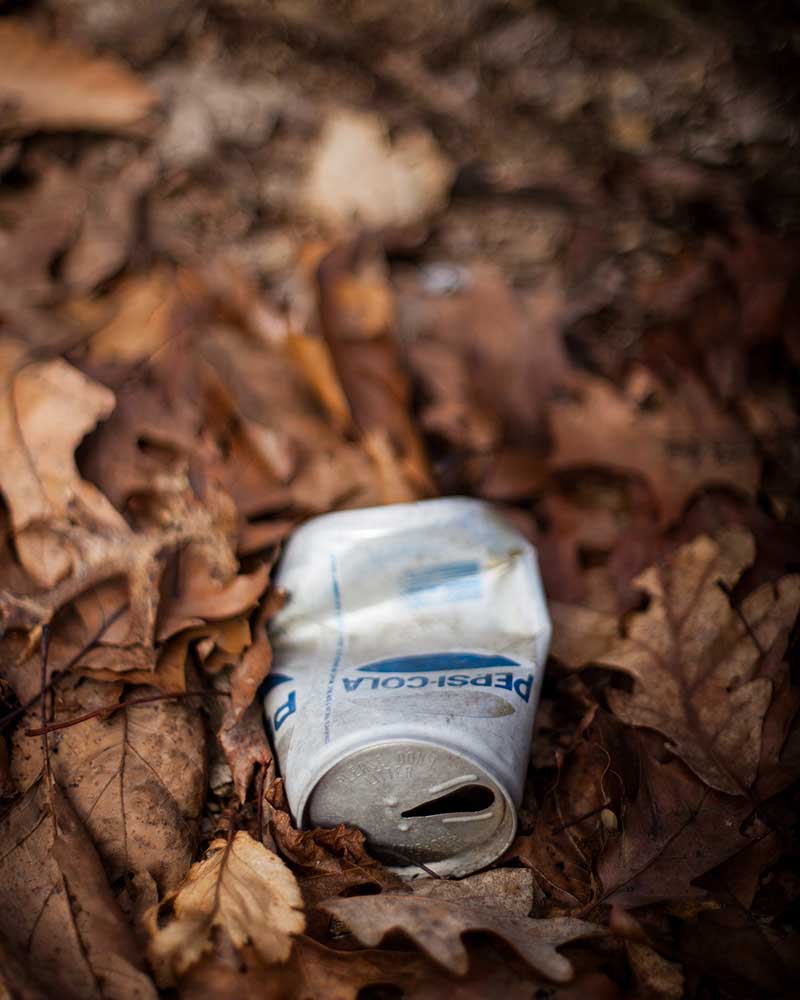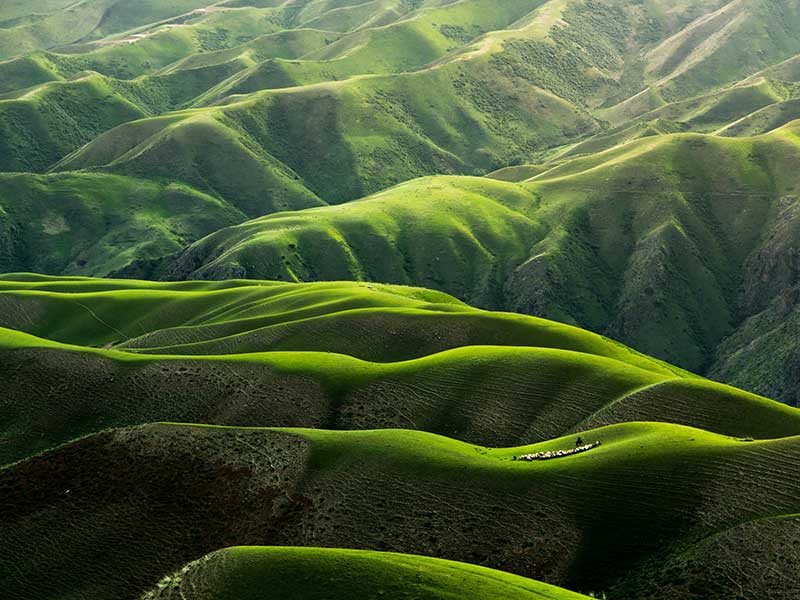The "leave no trace" philosophy

Who doesn't like nature? More and more people go to the mountains or outdoors to practice sport, to disconnect from everyday life, or to enjoy the landscapes that nature has to offer. However, it is difficult to realise the impact this has on the environment. Humans are leaving their mark wherever they go. For example, The most remote places in the Himalayas have become veritable rubbish dumps, the areas where camping is common are marked by rubbish or fire debris, or the routes with the greatest influx of people are causing great erosion of the land.. As a result, the authorities are taking measures to limit these negative effects. The protected natural areas There are more and more of them, and the rules are much stricter there. As far as the authorities are concerned, however, mountain enthusiasts are managing to instil values that demand the utmost respect for the mountains and the environment. We are talking about the "leave no trace" philosophy..
What is the "leave no trace" philosophy?
As the name suggests, this philosophy refers to the total care of the environment. Human presence in the mountains should not be noticed.. The philosophy of leaving no trace wherever you go requires simple behaviours, which, if followed, will go a long way to preserving nature intact. Apart from not dirtying the mountain, it also consists of respecting the fauna and flora of each place as much as possible. Nothing that makes up the wildest nature should be altered.
The seven basic principles.
There are seven basic principles to follow. They are values that are slowly making their way into the hearts of nature lovers, but which still need to be more widely disseminated. They are as follows:
Planning and preparing the trip in advance
The best way to go unnoticed wherever you go is to have prepared your excursion well in advance. It is highly advisable to know the places you are going to visit. Protected areas have unique rules, so it is important to be aware of them.. In addition, you will also need to prepare in advance the food you will carry in your backpack. Nowadays, each food item is usually packed in a plastic bag. If you carry food on your back for several days, it is advisable to prepare it at home beforehand, and take it out of the original plastic and put it in the plastic bag. reusable bags. This will reduce the amount of rubbish you will have to carry on your back considerably.

READ ALSO: Why hiking can be a great opportunity for sustainable tourism"
Hiking and camping on rough terrain
The large influx of people to the mountains is leading to an increasing number of well-marked trails. This is because the erosion to which the land is exposed is very high. Consequently, the number of trails or paths leading to the same place has multiplied. Try to stay on the right path, and stay on it.. Do not try to cut through meadows or forests, as you will disturb the ecosystem. On the other hand, tents also leave a big footprint. After all, spending hours lying on the ground means that the ground is trodden on and marked. The most suitable surfaces for camping are stones, gravel, dry grassland or snow. Although fresh grass is the most comfortable, camping on it aggravates the erosion of the terrain. In the high mountains there are many areas called bivouacs ready for camping. They are just enough space to pitch a tent, and they are usually well equipped. The ground is usually smoothed, after removing all the stones. In addition, many of them are located in protected places such as caves. It is not recommended to start a new bivouac every time you have to camp; however, make the most of the spaces that are already set up. And above all be respectful of the camping and bivouac regulations of the area.Please note that each space has its own rules.
Take away all your waste or rubbish
This principle consists of leave the mountain as it was, or cleaner. Be careful not to leave any waste in the place where you have camped or slept. It is recommended to avoid the use of plastics. Moreover, as there are no toilets in the mountains, needs to be done in the open air.. In some sheltered places, solid waste should be collected in a bag; in others, covering it with stones or earth will suffice. Never relieve yourself by the river or in lakes.

Don't build fires in the open air
Making fire is one of the most destructive habits. Do not build a fire unless it is a necessity caused by the cold. If you do - it will normally be a forbidden option in the natural space you are in - make sure it is small and burns only with wood, without using chemicals. On the other hand, make sure you put it out properly. Making bonfires in the mountains is a habit that can affect pollution and increase forest fires, not to mention that it is normally totally forbidden.
Leave intact what you see
Do not manipulate the plants or stones you see to get the perfect picture. Do not touch plants or cultural or historical monuments.

Respecting wildlife
Leave the animals that you may encounter on your journey alone. Their daily lives should be disturbed as little as possible. To do this, it is advisable not to get too close, not to feed them and not to chase them. In addition, if you have a pet with youAlways keep it under guard or on a leash. Dogs, for example, often attack sheep, and the sheep run away, making the work of shepherds and farmers more difficult.
Taking other visitors into account
Remember that you are not alone in the mountains. Try to disturb other mountaineers as little as possible, so keep your pet under surveillance, don't shout or play loud music, don't camp right next to busy trails, or give way to mountaineers who are ascending.
Fastpacking is not about going faster. It's about going lighter.
If you come from classic trekking, this is the next step: learning to move with less weight,
more fluid and enjoying every kilometre more.
Join the Outsiders Newsletter and start discovering what lightness feels like.
